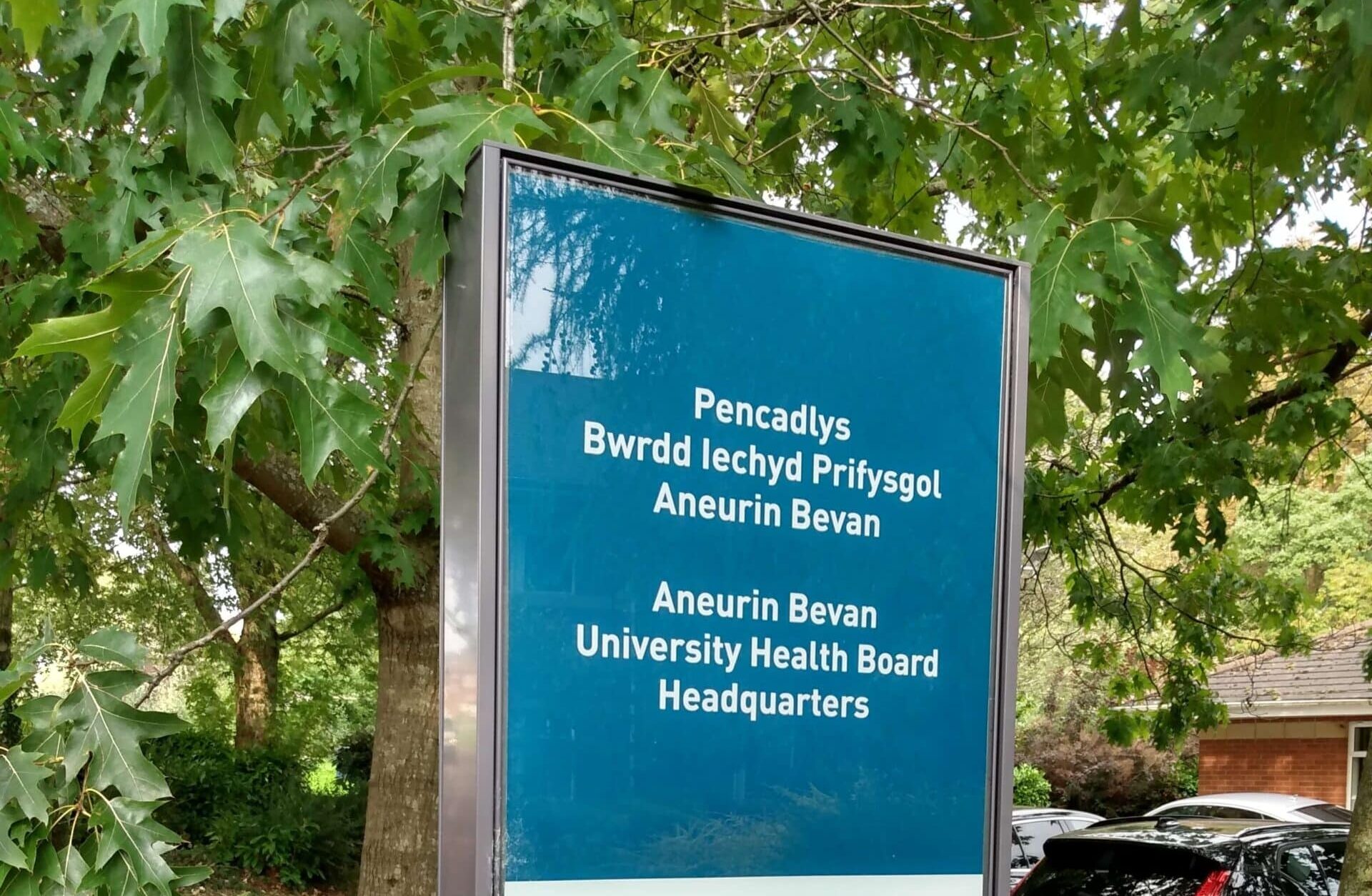A £5 MILLION financial boost for the NHS in Gwent is expected to slash the longest waiting times for some surgeries by six months.
That will however mean some 500 outpatients are still waiting up to 18 months for orthopedic surgery.
The Welsh Government announced an extra £28m in October to tackle waiting lists across the country and as a result £5.1m has been awarded to the Aneurin Bevan board.
Of that it will use £3.816m to address the outstanding 104 week, or two-year wait, for orthopaedics while £1.3m will be used for the diagnostic schemes, including endoscopy, neurophysiology and cardiology to get to 95 per cent, or more, of patients being seen in under eight weeks.
However, the board’s plans to reduce a figure of around 1,200 waiting ffor ear, nose and throat surgery wasn’t supported by the Welsh Government, but it has requested further information. Ministers have already announced a further £22m to tackle waiting lists, though no details of what that will mean for Gwent have been announced.
As a result of the additional funding that has been awarded it is expected to reduce paediatric elective outpatient waiting times to 26 weeks, from 52, and cut waiting times for urgent paediatric outpatients to eight weeks.
It is also expected 1,600 patients waiting more than eight weeks for endoscopy will be cleared and a lit of around 290 patients waiting more than eight weeks for cardiology will also be eliminated. It is also hoped to eliminate the waiting list of 910 patients waiting more than eight weeks for neurophysiology, though it’s recognised there could still be some 750 people waiting more than eight weeks at the end of the year.
Chief operating officer Leanne Watkins said receiving the funding late in the year meant there is a shortage in capacity and procurement, and of ensuring “value for money”.
Her report also noted some trauma and orthopedic patients may not be suitable for surgery “in an independent sector setting away from hospital clinical support services”.
Delivering extra appointments will require staff to work additional hours at evenings and weekends, a concern noted by the board.
The Welsh Government could claw back the cash if it can’t be shown it has been spent on reducing waits and while the funding isn’t recurrent Ms Watkins said it is hoped it will be and the board would then be able to better plan how it is spent.
Aneurin Beavan is also responsible for spending the first £3m of a £7.4m allocation, on behalf of the three health boards in South East Wales, to reduce ophthalmology waiting lists including cataracts. Some 700 people across Gwent are on an ophthalmology waiting list.
The board’s latest performance figures, also reported to the November 26 meeting, show that at September, the end of second quarter of the year, there were 3,744 patients waiting more than two years, across all lists, which was down 664 from the end of quarter one, which was ahead of plans revised in May.
Patients waiting more than eight weeks for a specified diagnostic test fell by 980 over the same period to 3,241 while the board also expects to clear its backlog of 14 patients waiting more than three years, or 156 weeks, over the coming quarter. That figure had stood at 47 in June.
The health board’s annual plan, revised in May, was based on there being 3,925 outpatients, across all lists, waiting two years or more while it has also reduced the 52 week, or one-year wait, for a first new outpatient appointment, from 21,739 to 16,500 people.
Planned waits for patients on an urgent suspected cancer pathway or urgent non-cancer pathway are significantly shorter.

